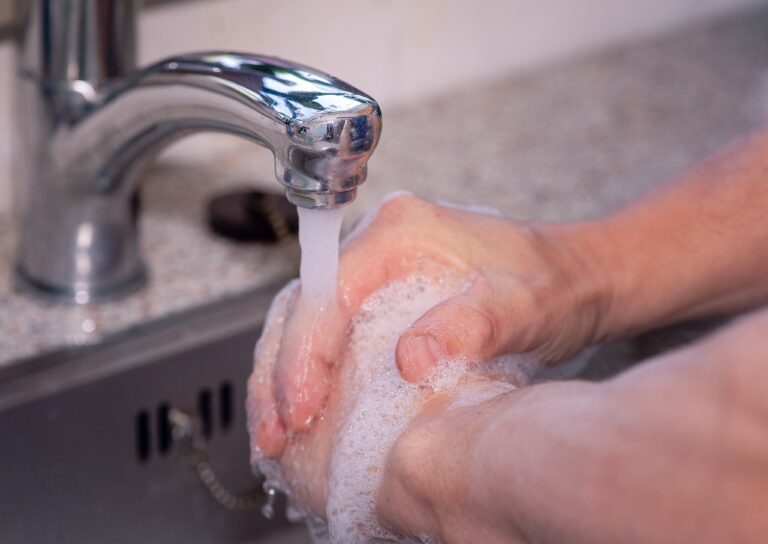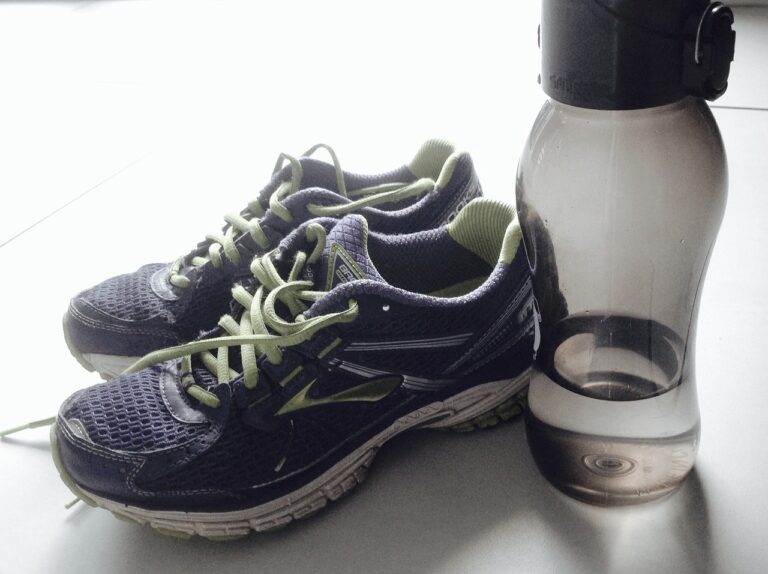Technology Trends in Home Health Monitoring: Laser book 247.com, Silver exchange login password, 11xplay pro login
laser book 247.com, silver exchange login password, 11xplay pro login: Technology Trends in Home Health Monitoring
As technology continues to advance, it has revolutionized the healthcare industry, particularly in the field of home health monitoring. Home health monitoring allows individuals to track and manage their health conditions from the comfort of their own homes, providing convenience and accessibility like never before. Here are some of the latest technology trends in home health monitoring that are shaping the future of healthcare.
Remote Patient Monitoring
Remote patient monitoring (RPM) has emerged as a game-changer in home health monitoring. RPM technologies enable healthcare providers to monitor patients’ vital signs, symptoms, and overall health status in real-time from a distance. This allows for early detection of health issues and timely intervention, ultimately improving patient outcomes and reducing healthcare costs.
Wearable Devices
Wearable devices such as smartwatches, fitness trackers, and medical-grade wearables have become increasingly popular in home health monitoring. These devices can track various health metrics, such as heart rate, blood pressure, sleep patterns, and physical activity, providing users with valuable insights into their health and well-being.
Telemedicine
Telemedicine has gained traction as a convenient and cost-effective mode of healthcare delivery, especially in the context of home health monitoring. Through telemedicine platforms, patients can consult with healthcare providers remotely, receive medical advice, and even monitor their health conditions through virtual check-ins and video consultations.
Mobile Health Apps
The proliferation of mobile health apps has empowered individuals to take charge of their health through personalized self-monitoring and management tools. These apps can track various health metrics, provide educational resources, send medication reminders, and even connect users with healthcare professionals for virtual consultations.
Artificial Intelligence
Artificial intelligence (AI) is revolutionizing home health monitoring by analyzing large volumes of health data to identify patterns, predict health outcomes, and personalize treatment plans. AI-powered algorithms can assist healthcare providers in making more informed decisions and optimizing patient care, ultimately leading to better health outcomes.
Home Automation
Home automation technologies, such as smart home devices and sensors, are being integrated into home health monitoring systems to create a seamless and interconnected healthcare ecosystem. These technologies can monitor environmental factors, such as temperature, air quality, and humidity, to create a healthier living environment for individuals with chronic conditions.
The future of home health monitoring is bright, with technology playing a central role in transforming the way healthcare is delivered and experienced. By embracing these technology trends, individuals can proactively manage their health, improve their quality of life, and ultimately live healthier and happier lives.
FAQs
1. What are the benefits of home health monitoring?
Home health monitoring allows individuals to track their health conditions from the comfort of their own homes, leading to early detection of health issues, timely intervention, and improved patient outcomes.
2. How can I get started with home health monitoring?
To get started with home health monitoring, consider investing in wearable devices, downloading mobile health apps, and exploring telemedicine options to track and manage your health effectively.
3. Are home health monitoring technologies secure?
Yes, home health monitoring technologies prioritize data security and privacy to ensure that individuals’ health information is protected and confidential.
4. How can artificial intelligence improve home health monitoring?
Artificial intelligence can analyze health data, identify patterns, predict health outcomes, and personalize treatment plans to optimize patient care and improve health outcomes in home health monitoring.







